Three thoughts I can’t shake
On Thursday, June 6th I had the opportunity to attend and speak at the Wellbeing @ Work event in New York. It was an eye-opening day filled with exceptional speakers and interesting perspectives on wellbeing were shared.
Havas was invited to talk about Meaning in the Age of the Employee and how the consumerization of the employee experience is intrinsically linked to your people’s overall wellbeing.
Stay tuned for my next blog post where I’ll highlight some of our top-level thinking around that subject with some key thought starters worth mulling over!
Today, I want to share a few thoughts from the day that I keep coming back to. Things that were mentioned across a few of the different speakers’ topics that I believe are fundamental to employees feeling ‘their whole self’ at work and for employers to concentrate on when looking to build an environment where their employees’ wellness is a priority.
Homogenization isn’t just about looks.
As keynote speakers go, we were extremely fortunate to have Claude Silver, Chief Heart Officer at VaynerMedia kick off the day. Claude shared personal anecdotes about her journey with VaynerMedia and the steps she took to forge a career that matched her principles and allowed her to lead and build in the way she wants.
A lot of great content and advice was shared, but I keep coming back to Claude’s point about a homogenized workforce. It’s natural for a company that was founded by a few friends to grow and employ friends of those friends – then friends of those friends, but as growth increases that friend network can become very harmful to company culture, morale, and ability to innovate.
Now, if we park the inevitability that these employees will all most likely resemble one another and look at some other issues of ‘going with who you know’ we can see that all of a sudden you have a workforce that has a relatively similar profile. They have all the same reference points, they approach opportunities and problems in the same manner, and probably view the purpose, meaning and value of work in a pretty uniform way.
For a current employee, is this environment going to give them the confidence or freedom to shake things up and try something new – to be who they are, not just another version of everyone else? For a candidate, are they going to feel like they can add anything to your company, or that they’ll need to compartmentalize elements of who they are to fit in?
Essentially, it’s another way to look at the move from hiring for cultural fit to cultural add, but I would say we need to go a step further and begin to start hiring for cultural miss. What types of people are you missing in your culture, what types of skills, approaches, ways of working and thinking will unlock your people’s potential further? Every new hire is an opportunity to add a little bit of a change agent to the mix to keep pushing your culture further.
Rethinking indicative proof points for future performance.
I’ll preface this by saying, I’m not sure how many of us are ready to ditch degree requirements from our job roles, but when Annette Alexander of WP Engine and Ann W. Marr of World Wide Technology spoke in their session about removing degree requirements from a large chunk of their jobs, it made me wish that we could!
This is something that’s been on my mind for quite a while. I’ve been talking with friends and colleagues and asking them if they could do it all over would they have gone to their alma maters and studied the same subjects, gone elsewhere to learn something else, or even skipped school and just gone into the workforce sooner. Very unscientific, but these conversations have been interesting. Very few people would have taken the same path they did. Most would have gone to different schools to study different topics, but a few (like me) would have been happy to just get right into the working world.
When I was looking for a job in advertising, the thought of getting an opportunity anywhere without a degree or some internship experience was crazy to me. But in the (relatively) short time I have had a career the whole landscape of advertising/media/content has shifted. Some high-school aged students have a better grasp on branding and forging meaningful connections with people than folks who’ve spent their lives doing that work.
And this is something we’re seeing across industries. There is this massive pool of self-starters out there who are being ushered into a 2-4 year holding pattern before corporations deem them worthy of contributing. This seems like a huge waste to me. Capturing their passion for work, for creating things, for building communities bigger than themselves shouldn’t be put on hold.
Every aspect of the working world is transforming today and will transform again completely in the next decade or so. If how we evaluate people, identify who can contribute, or even where we look for the next big hire doesn’t completely change too – we’re going to be training and hiring people to enter a workforce that no longer exists!
Walking the floor matters so much
Interestingly, this point was mentioned by a handful of speakers at the Wellbeing event – and it’s something I’ve certainly heard at other events and from some of my mentors over the years. Yet, it’s so important when creating a meaningful environment where your employees can feel healthy that it’s always worth mentioning again and clarifying what this is and what it should not be. As a leader, a colleague, a new joiner, or even someone who thinks they are the lowest rung on the ladder ‘walking the floor’ is one of the greatest things you can do. It’s about stepping outside of your work for a moment and appreciating your environment, your coworkers, and your place. It’s a moment to build camaraderie, to check in on a human level, and to celebrate, commiserate and experience all the wonderful emotions that come with being a human being!
It has nothing to do with making sure people are working, are at their desks, are getting their job done. We have other ways to measure and observe that. “Walking the floor” is the opportunity to foster community, to humanize yourself and your teams. To check in and show you care – and maybe get a little care back in return. It’s building that connection between others and yourself. A chance for everyone to show they’re not just automatons working away, but that we’re all people looking for a little extra love in a crazy world.
And this just isn’t about the people you are in the same physical location as. ‘Walking the floor’ with your remote workers is just as, if not more, important. Are you checking in with them in the same way? Are they able to virtually ‘walk the floor’ If needed in other locations or departments?
It only takes a few minutes to check-in with someone and wish them well – to show them you appreciate them. It’ll take much longer to invoke that appreciation if all you’re ever doing is asking them for work or work-related updates.
Tim Middleton – Agency Director, Havas People USA






Comments are closed.